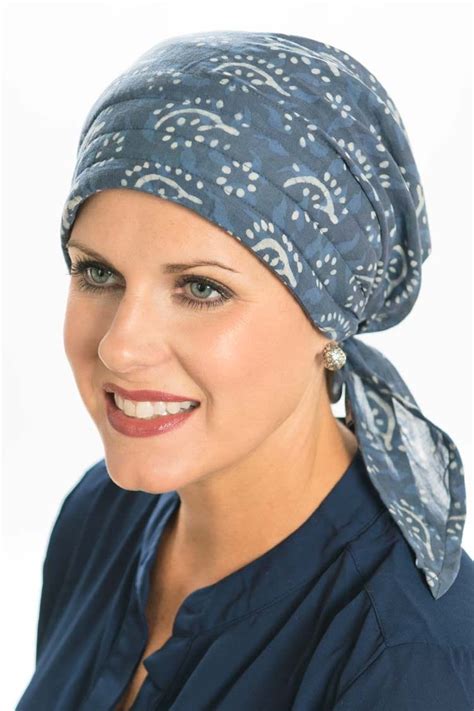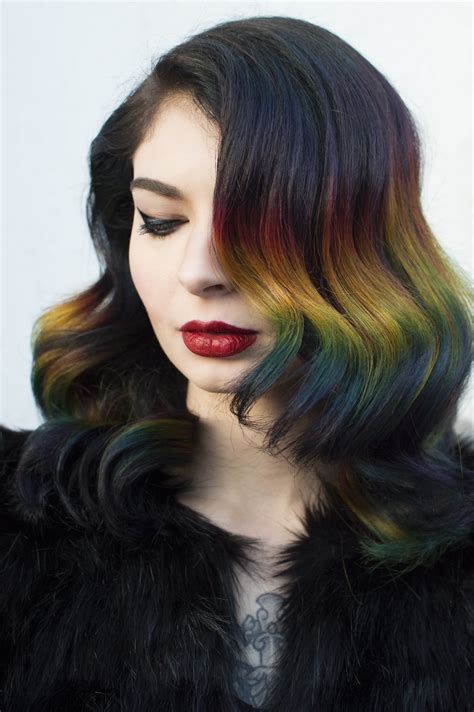What is Hair Ombre Color?
Hair ombre color is a technique where the hair gradually transitions from one shade to another, creating a subtle and elegant gradient effect. The term “ombre” is derived from the French word for “shadow,” and it refers to the way the colors softly blend into one another. Ombre hair color can be customized to suit any hair type or skin tone, and it can be used to achieve a variety of looks, from natural and sun-kissed to bold and dramatic.

History of Hair Ombre Color
Ombre hair color has been around for centuries, but it recently experienced a resurgence in popularity in the early 2000s. Celebrities such as Jessica Alba, Rachel Bilson, and Drew Barrymore were among the first to embrace the trend, and it quickly became a favorite among hair stylists and beauty enthusiasts alike. Today, ombre hair color is a staple in the hair care industry, and it continues to evolve with new variations and techniques emerging each year.
Benefits of Hair Ombre Color
There are numerous benefits to getting hair ombre color, including:
- Low maintenance: Ombre hair color is relatively low maintenance, as the roots do not need to be touched up as often as with traditional hair color.
- Versatile: Ombre hair color can be customized to suit any hair type or skin tone, and it can be used to achieve a variety of looks.
- Flattering: Ombre hair color is flattering on all face shapes and skin tones.
- Trendy: Ombre hair color is a trendy and modern way to style your hair.
How to Get Hair Ombre Color
Getting hair ombre color is a relatively simple process that can be done at home or in a salon. If you are doing it yourself, you will need to purchase a hair ombre kit, which typically includes everything you need to create the perfect ombre look.
To get hair ombre color, follow these steps:
- Prepare your hair: Wash and dry your hair, and then section it into three equal parts: left, right, and back.
- Apply the first color: Using a brush or comb, apply the first color to the ends of your hair, leaving about 2-3 inches of natural hair at the roots.
- Blend the colors: Using a blending brush, gently blend the first color into the second color.
- Apply the second color: Apply the second color to the rest of your hair, leaving about 1 inch of natural hair at the roots.
- Process the color: Leave the color on for the amount of time specified in the instructions.
- Rinse and style: Rinse your hair thoroughly and style it as usual.
Variations of Hair Ombre Color
There are numerous variations of hair ombre color, including:
- Traditional ombre: This is the classic hair ombre look, where the hair gradually transitions from a darker shade at the roots to a lighter shade at the ends.
- Reverse ombre: This is a variation of traditional ombre where the hair gradually transitions from a lighter shade at the roots to a darker shade at the ends.
- Sombré: Sombré is a more subtle variation of ombre where the hair gradually transitions from one shade to another, but the difference is less noticeable.
- Balayage: Balayage is a freehand hair painting technique that can be used to create a variety of ombre looks.
Who is Hair Ombre Color For?
Hair ombre color is suitable for all hair types and skin tones. However, it is particularly flattering on people with dark hair, as the contrast between the darker roots and lighter ends is more noticeable. Ombre hair color is also a great way to add dimension and depth to fine hair.
How to Choose the Right Hair Ombre Color
When choosing an ombre hair color, there are a few things to consider:
- Your skin tone: Warm skin tones look best with warm ombre colors, such as copper, gold, and amber. Cool skin tones look best with cool ombre colors, such as blue, purple, and silver.
- Your hair type: Thick hair can handle more dramatic ombre looks, while fine hair looks best with more subtle ombre looks.
- Your personal style: Ombre hair color can be customized to suit any personal style. If you prefer a more natural look, opt for a subtle ombre. If you prefer a more bold look, opt for a more dramatic ombre.
How to Care for Hair Ombre Color
To maintain your ombre hair color, follow these tips:
- Use sulfate-free shampoo and conditioner: Sulfates can strip away the color from your hair.
- Use a heat protectant spray: Heat can damage your hair and fade the color.
- Limit the use of hot tools: Hot tools can also damage your hair and fade the color.
- Get regular trims: Regular trims will help to prevent split ends and keep your hair healthy.
Hair Ombre Color: The Perfect Look for You
Hair ombre color is a versatile and flattering hair color technique that can suit any hair type or skin tone. With so many variations to choose from, you’re sure to find the perfect ombre look for you. So if you’re looking for a way to update your look, consider getting hair ombre color. You won’t be disappointed!
Additional Information
Additional tips for getting hair ombre color:
- If you are doing ombre hair color for the first time, it is best to consult with a professional hair stylist.
- Use a color protectant spray to help keep your ombre hair color vibrant.
- If you are swimming in a pool or ocean, wear a swim cap to protect your hair from the chlorine or salt water.
- Ombre hair color can be a bit more expensive than traditional hair color.
- Ombre hair color is a semi-permanent hair color, which means that it will eventually fade over time.
Table 1: Hair Ombre Color Trends
| Year | Trend |
|---|---|
| 2012 | Reverse ombre |
| 2013 | Sombré |
| 2014 | Balayage |
| 2015 | Traditional ombre |
| 2016 | Mermaid hair |
| 2017 | Unicorn hair |
| 2018 | Rainbow hair |
| 2019 | Pastel hair |
| 2020 | Natural hair |
| 2021 | Copper hair |
| 2022 | Gold hair |
Table 2: Pros and Cons of Hair Ombre Color
| Pros | Cons |
|---|---|
| Versatile | Can be expensive |
| Low maintenance | Can be time-consuming |
| Flattering | Can be damaging to hair |
| Trendy | Can be difficult to achieve at home |
Table 3: Hair Ombre Color for Different Hair Types
| Hair Type | Ombre Color |
|---|---|
| Thick hair | Dramatic ombre |
| Fine hair | Subtle ombre |
| Curly hair | Balayage |
| Straight hair | Traditional ombre |
| Short hair | Sombré |
| Long hair | Reverse ombre |
Table 4: How to Care for Hair Ombre Color
| Tip | Explanation |
|---|---|
| Use sulfate-free shampoo and conditioner | Sulfates can strip away the color from your hair. |
| Use a heat protectant spray | Heat can damage your hair and fade the color. |
| Limit the use of hot tools | Hot tools can also damage your hair and fade the color. |
| Get regular trims | Regular trims will help to prevent split ends and keep your hair healthy. |
Conclusion
Hair ombre color is a versatile and flattering hair color technique that can suit any hair type or skin tone. With so many variations to choose from, you’re sure to find the perfect ombre look for you. So if you’re looking for a way to update your look,
